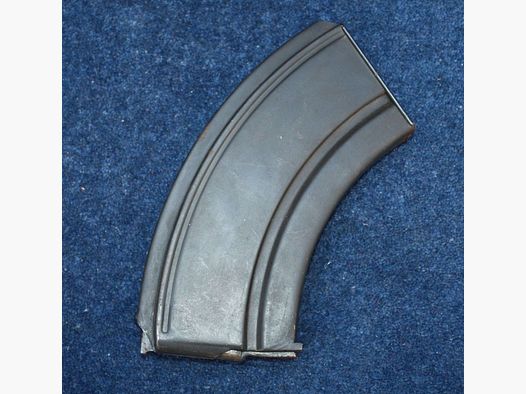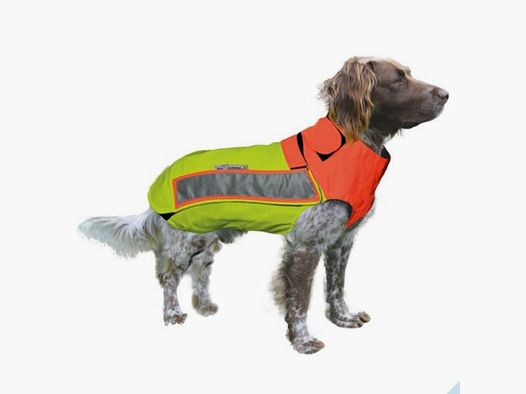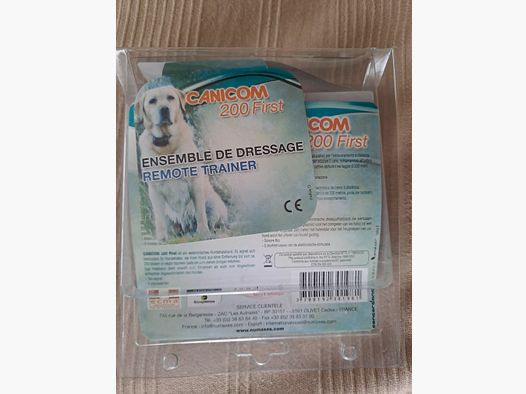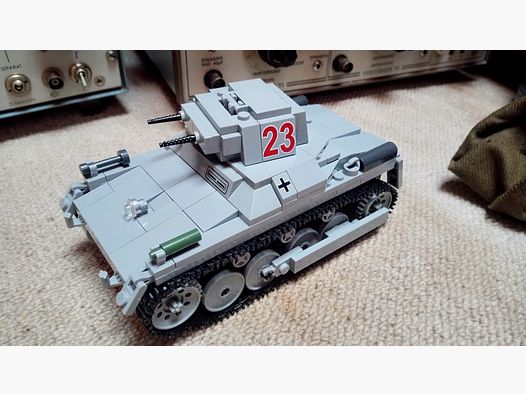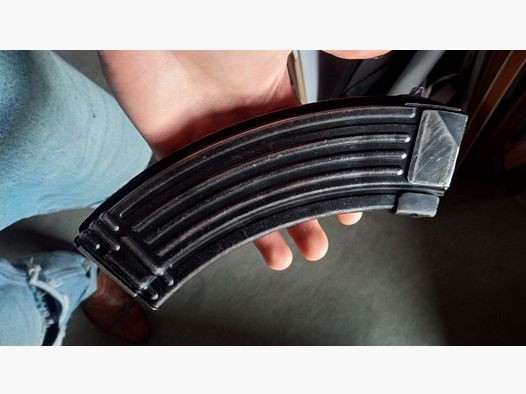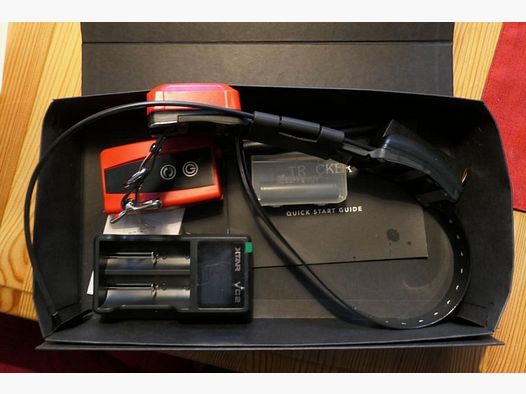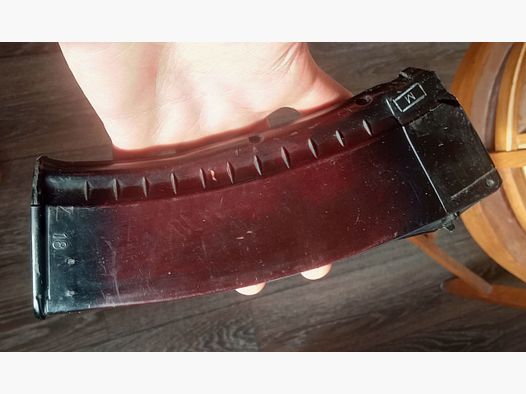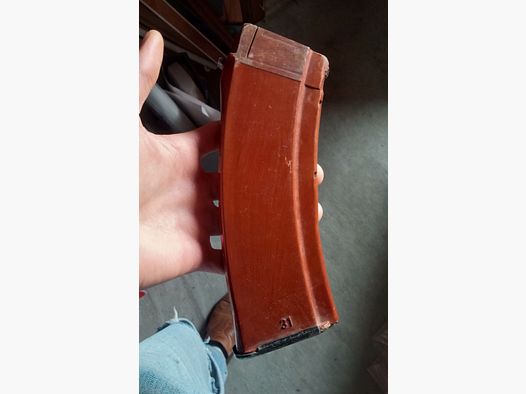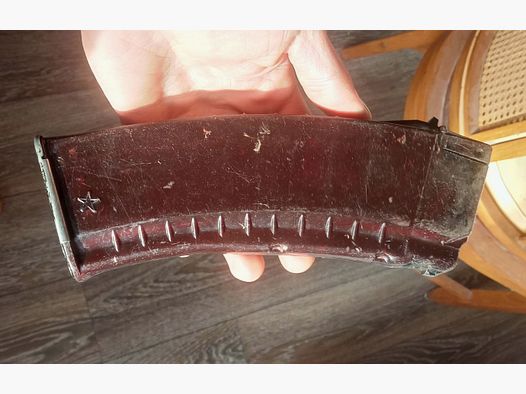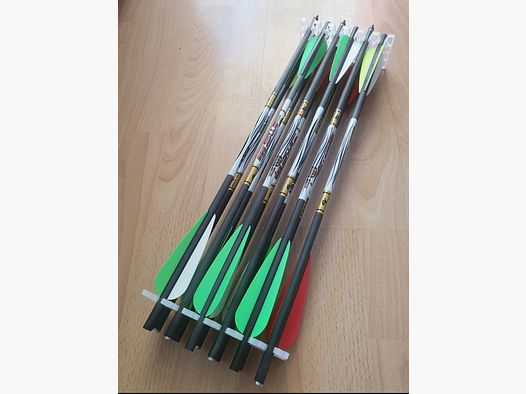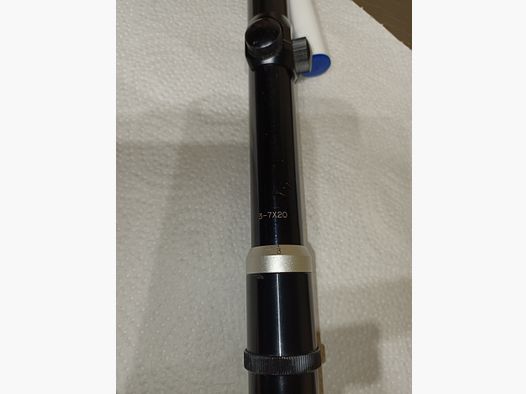Blood poisoning, medically known as sepsis, poses a serious threat to the health of your hunting dog and can be fatal in the worst case. Therefore, it is crucial that you, as a hunter, recognize the first symptoms and act immediately by consulting a veterinarian.
Symptoms of blood poisoning in dogs:
- Fever
- Lethargy or unusual fatigue
- Accelerated breathing
- Signs of organ failure
What is blood poisoning and how does it develop?
Sepsis in dogs occurs when pathogens such as bacteria, viruses, or fungi enter the bloodstream. In many cases, the dog's immune system is overwhelmed and unable to isolate the source of infection. This can lead to a severe reaction from the body, which can escalate to circulatory shock. Due to the rapid spread of the infection, blood poisoning is often difficult to diagnose.
Early signs and symptoms
A dog with early sepsis typically shows behavioral changes such as irritability or general malaise. One of the first affected functions may be kidney performance, noticeable by reduced urine output.
Risks of untreated blood poisoning
Without appropriate treatment, sepsis can quickly lead to death. Even if the dog survives, long-term health issues such as muscle and nerve damage, organ damage, or anemia may remain.
Timeframe for the development of blood poisoning
The time span between the initial infection and the onset of sepsis varies depending on the entry point of the pathogens. While a wound on the paw may take longer to develop blood poisoning, infections directly affecting organs are often more acute.
Diagnosis and treatment options
Diagnosing sepsis requires swift action. Treatment typically includes antibiotics, anti-inflammatory medications, and infusions, as well as specific measures to combat the underlying cause. In cases of wound infections, additional local treatments may be necessary.
Intensive measures in severe cases
In critical cases, the dog may need to be placed in a veterinary clinic where it receives intensive medical care. This may include oxygen support, ventilation, and monitoring of vital signs.
It is extremely important that you respond quickly to the first signs of possible sepsis and take your dog to a veterinarian or veterinary clinic immediately to ensure the best chances of survival and minimize your hunting companion's suffering.



